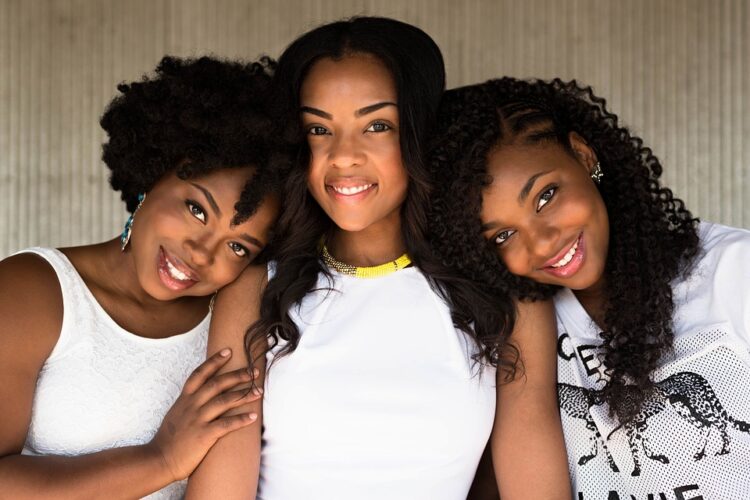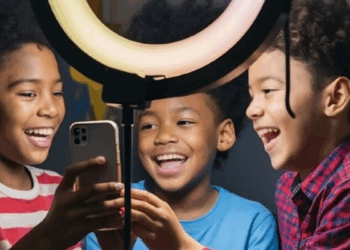When children are born, unfortunately, they do not come with a “how-to” manual. It is a difficult task to raise a child. Parents, especially those of Black children, find themselves often, more so than not, navigating a much different world than their parent peers of other races, when it comes to developing their children’s self-esteem and self-worth.
It is difficult to shield children from outside racism, especially in 2020. However, parents are in control of how they raise and cultivate their children’s sense of pride within themselves.
“Our research revealed that parents are powerful vehicles of ethnic prejudice transmission towards their children,” Giuseppe Carrus of Roma Tre University in Italy told Fatherly of a study he co-authored on how parents’ subtle ethnic prejudices predict children’s implicit prejudice in Europe. “Not only through their explicit communications and actions, but also through their unaware and unconscious beliefs, stereotypes and automatic behaviors.”
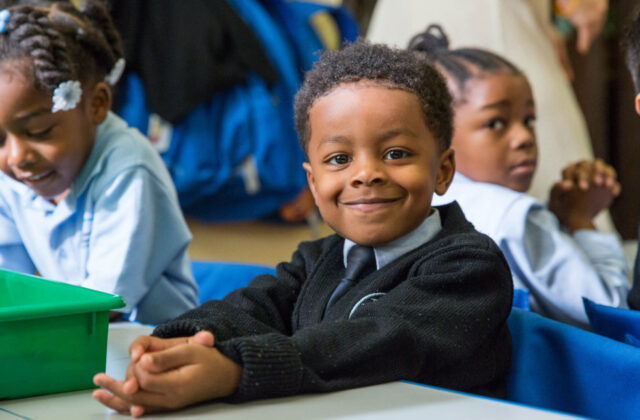
In an article in the Metro UK, they point out that, anti-Blackness is not only perpetuated by people of other races, but by Black people as well.
According to the experts in a recent Madamenoire article, here are some ways how Black parents can both knowingly and unknowingly project their own anti-Blackness onto their children, perpetuating a continuation of a cycle of anti-blackness and self hatred.
1. Telling them that they are too dark
Black comes in all shades of beautiful, yet, sometimes children hear that they are “too dark” for something. Sadly, this generational carryover has convinced many children and adults that they have to be a certain shade to be beautiful.
How to fix it: Make sure that you instill in your child a sense of internal beauty first, letting them know that no matter the shade of their skin, that to be beautiful is to radiate it inside and out. And of course, make sure that they know…All black is beautiful.
2. Vocalizing that “mixed” is better
Children are all a beautiful blessing, but vocalizing that “mixed” or “bi-racial” children are going to be more beautiful than others just because of their mixed heritage is harmful and sends extremely damaging messages to everyone involved.
How to fix it: Make sure that you let your child know that if they are “mixed” they are no better than someone that is not, and vice-versa. Let your child know that they are special no matter if both of their parents are Black or not.
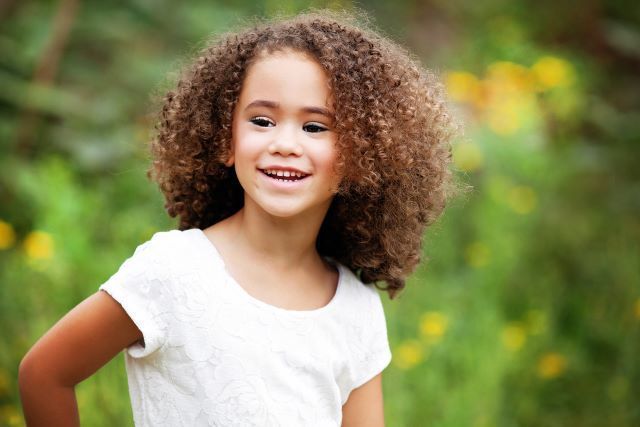
3. “Good Hair” vs. “Bad Hair”
Healthy hair is good hair. There is no such thing as “good hair” or “bad hair”. Everyone has different hair textures. It is important to make sure that children understand that regardless to whether or not their hair is a kinkier texture or a silky looser texture, that as long as the hair is healthy, it is good.
How to fix it: Stress to your child that their is no such thing as “good hair” or “bad hair”. Let them know that hair is hair. The difference is whether it is healthy or not. Let them express themselves by trying out different hairstyles, natural or not, to see which one fits their individual personality.
4. Not having diverse peer groups
From school to extracurricular activities, making sure that children see others that look like them is extremely important. Yes, they should be exposed to other races, but they also need to see a reflection of themselves as well.
How to fix it: Make sure to expose your children to different people, while also making sure that they are involved in organizations such as Jack and Jill, Top Teens, etc., that are dedicated to the growth and development of Black children.
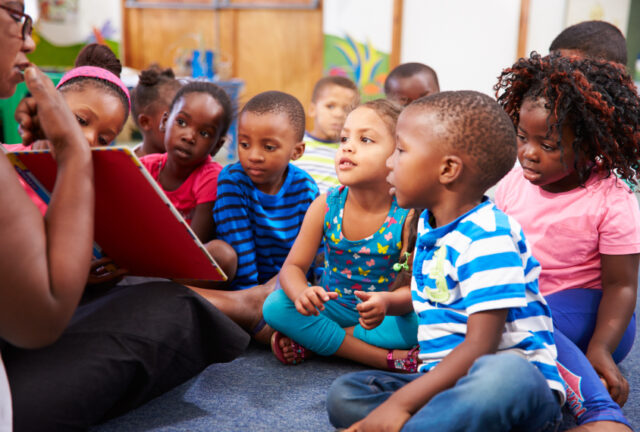
5. Commenting on Black people’s complexions
Making negative comments about people based on their complexion is a definite…no! Children listen and internalize any and everything that is said and making negative comments about another Black person’s skin-tone will only serve as a vehicle to perpetuate colorism.
How to fix it: See comments 1&2. The bottom line: make sure that you celebrate the diversity in the African-American community. See yourself as a queen and king, no matter the skin color or hair type. If you as a parent see yourself as such, so will your children and they will thrive with the self-confidence, esteem, and pride of being a Black person in the world.
